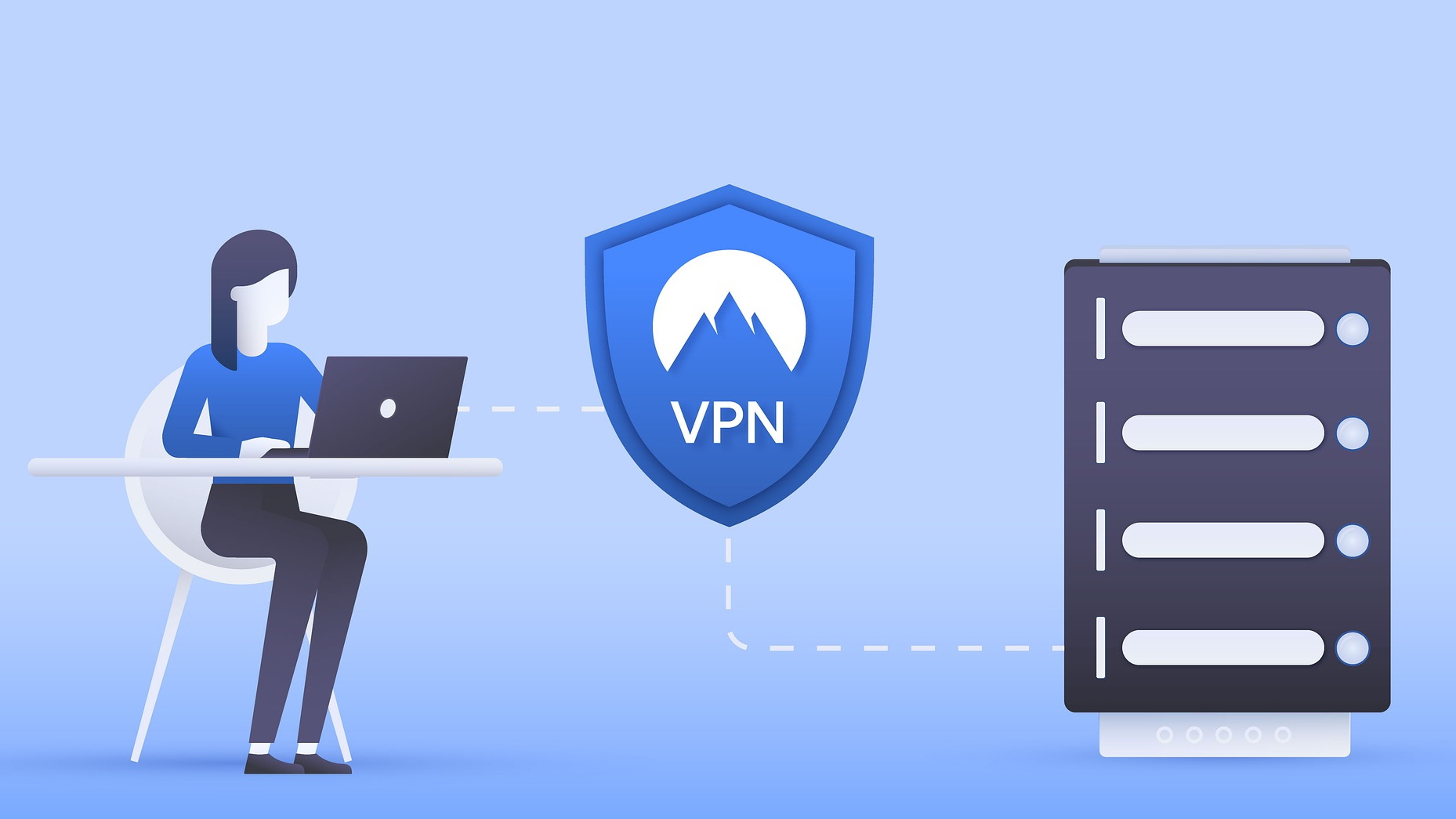How to set up and use a VPN to help you work from home
A VPN is an important tool for working safely from home

2020 really has changed everything. While many folks may have done some occasional remote work from home in the past, the Covid-19 pandemic has certainly helped to accelerate the trend to remote working rapidly.
That has also meant the need to implement new tools to do this safely, such as setting up home offices, using two-factor authentication, and ensuring the Wi-Fi is safe. And here, we will discuss what remote workers need to know about setting up a VPN.
- Protect your employees and company with the best business VPN
- Increase the internet security by grabbing the best antivirus
- How to work from home: the ideal mouse, monitor, keyboard and router
What is it?
That's a good question and one to which we've dedicated a whole VPN meaning article to explain fully.
But in short VPN is a virtual private network, which unlike the public internet, is a private network of servers that then connect a user to the public internet. The connection between the user, or client, and the VPN server transmits the data via encryption. This gets described as an ‘encrypted tunnel’ that keeps the data secure, and private between the client and the VPN server.
What are the advantages?
The pluses of using a VPN are several, however here we will focus on the benefits for home workers. The first is that the user can be anonymous online, which protects from hackers. After all, as a worker, the goal is to maximize the uptime, so that the most work can be done.
Another benefit is that as the data is encrypted, it is more secure, and does not get analyzed by your ISP for subsequent collation and potential sale.
And because there are dozens of handy VPN uses - from streaming Netflix catalogues from abroad and watching domestically unavailable sport, to unblocking banned apps and getting cheaper holidays - they're actually a really worthwhile piece of kit to have.
Is there a downside?
Not really - as long as you get it set up correctly.
The first potential downside would be that your broadband speed could be slowed down with a VPN. But a reputable provider with plenty of server bandwidth eliminates this concern.
The next issue is if the VPN is any more trustworthy with your data than your ISP, so be sure to choose a private VPN that has a solid, audited 'no logs policy’ found in the terms of service.
The last issue is the potential cost, but VPNs are pretty affordable these days, and the potentially higher uptime should more than balance out the nominal monthly fee. As you'll see from our cheap VPN guide, you can get one for around $2-3 per month these days.

How to set up the VPN?
Thankfully, with the current crop of top VPNs, it is just a quick and easy software download and install to get you started. There are a few options, but a VPN newbie should rest assured it is really simple.
Start with deciding if you want the VPN to always load on each startup, which is ideal if you don’t want to forget about starting the VPN each time. Be sure to choose a VPN server that is nearby for the best bandwidth speeds and low latency. Finally, don’t forget to activate the software kill switch to keep yourself always protected, even if the VPN encryption gets interrupted temporarily.
How to choose your VPN?
There’s plenty to consider when choosing which VPN service to go with. Pay attention to the reputation, and going with a well known, mainstream provider is often the way to go. Pay special attention to the costs, if there is a no log policy, an integrated kill switch, and the software interface.
If in doubt, head on over to TechRadar's best VPN guide, where we pick through the pros and cons of the top providers.
Sign up to the TechRadar Pro newsletter to get all the top news, opinion, features and guidance your business needs to succeed!
Jonas P. DeMuro is a freelance reviewer covering wireless networking hardware.